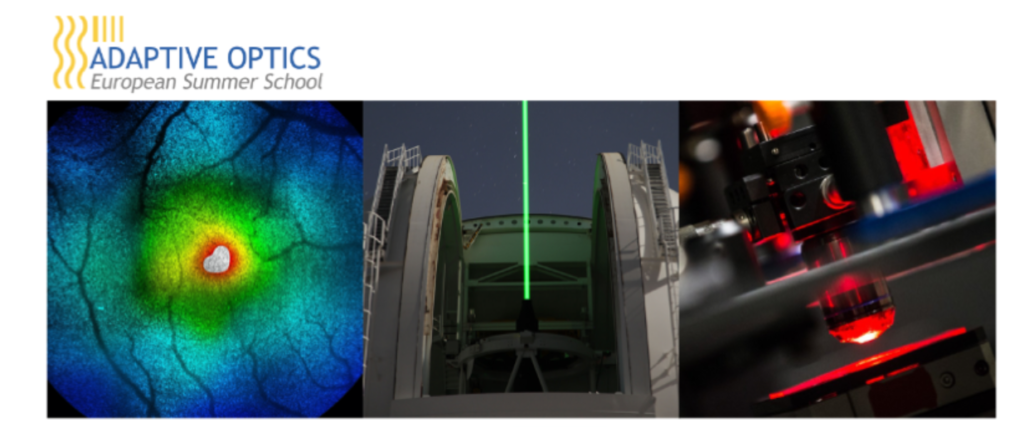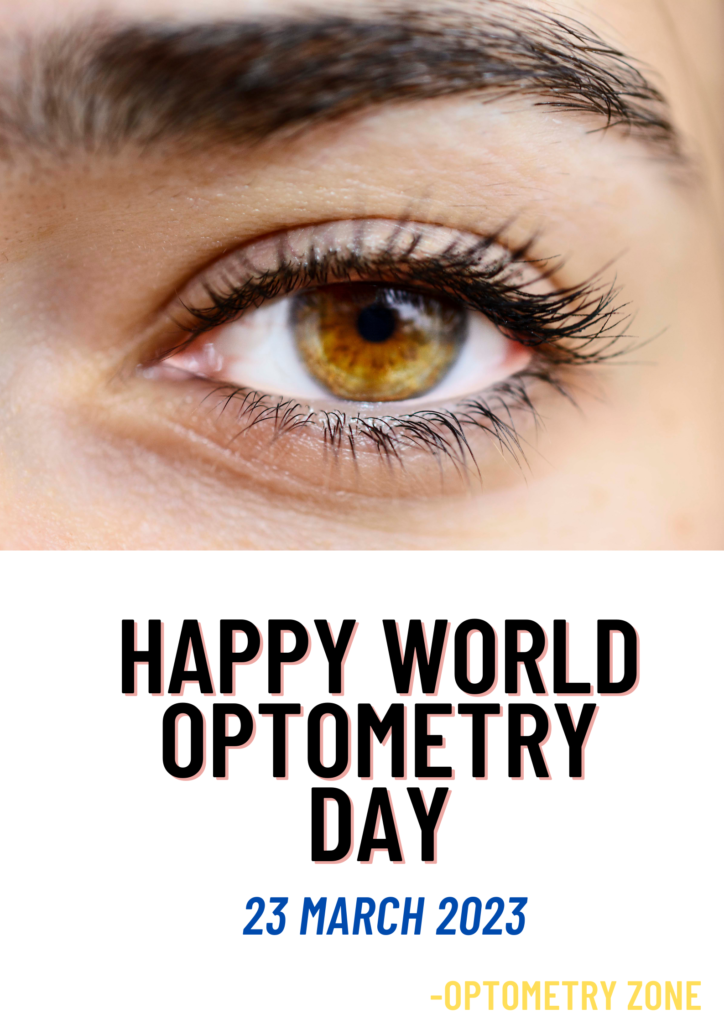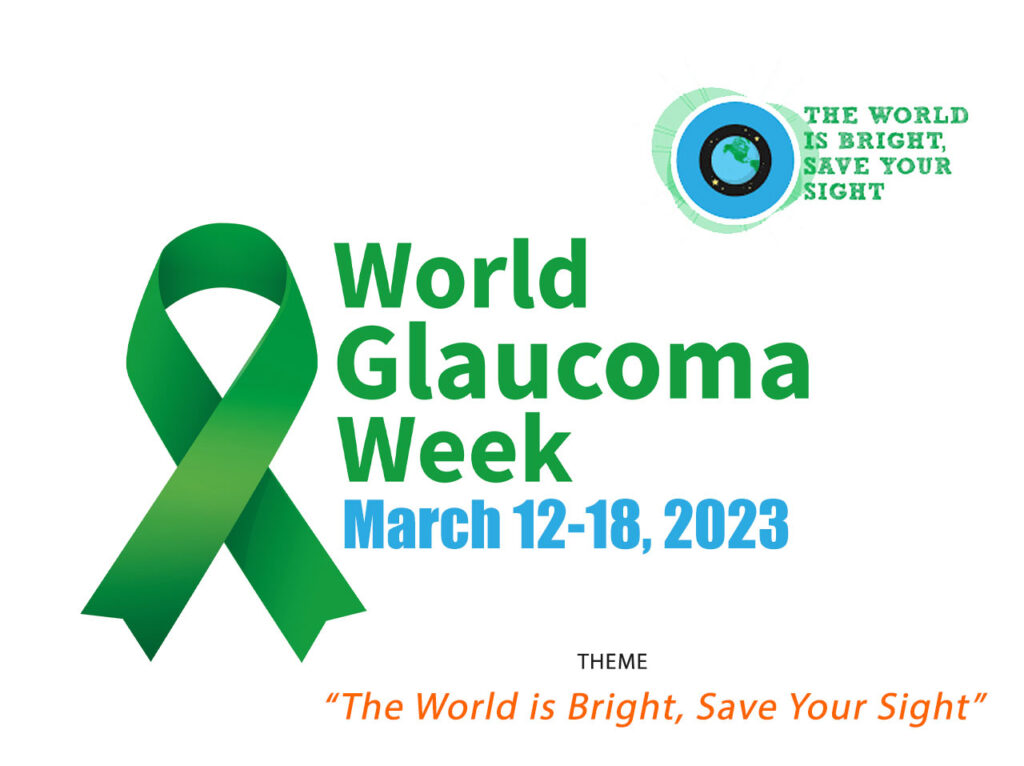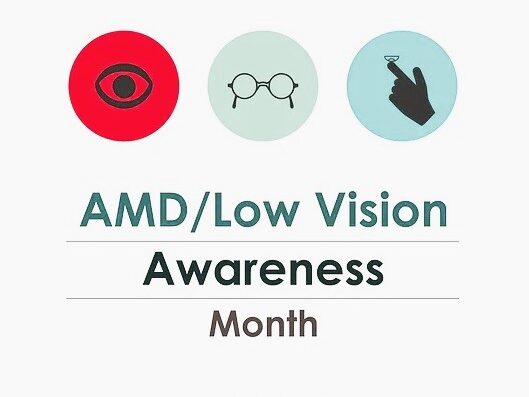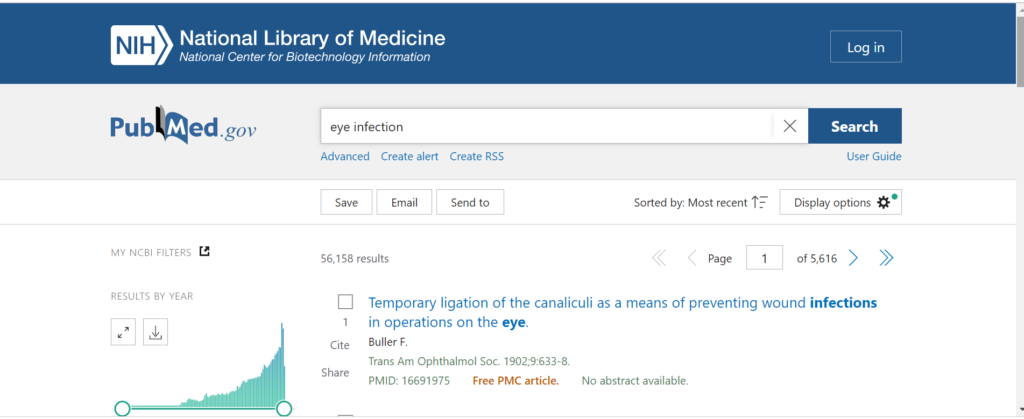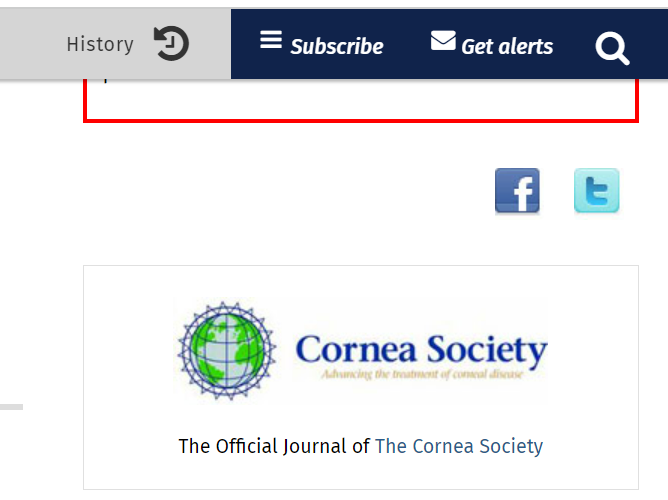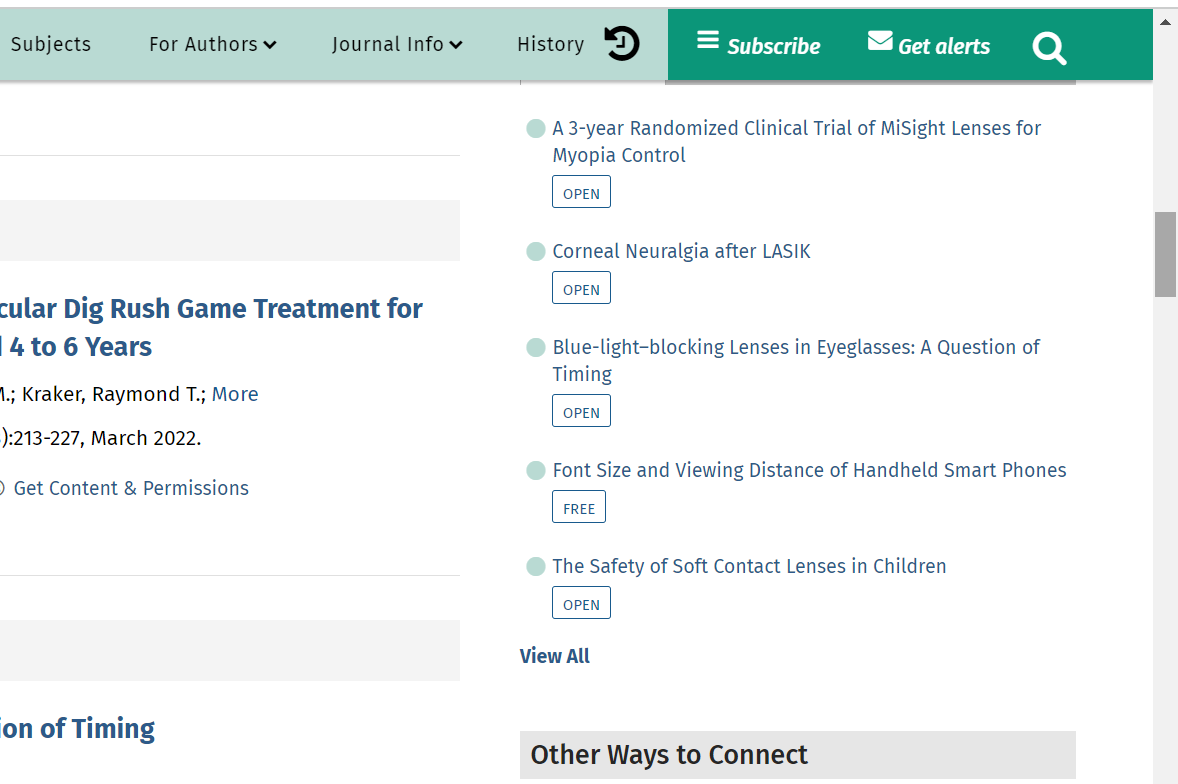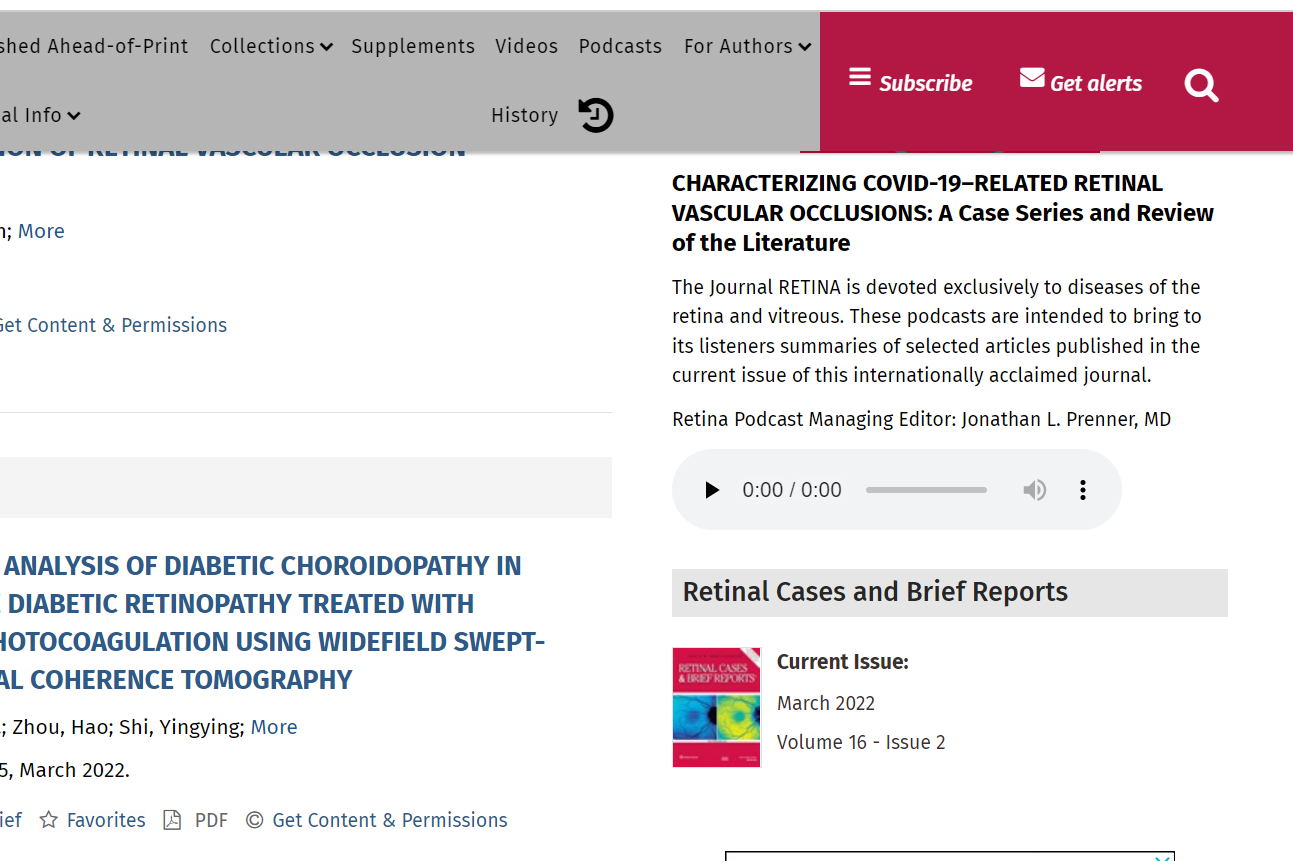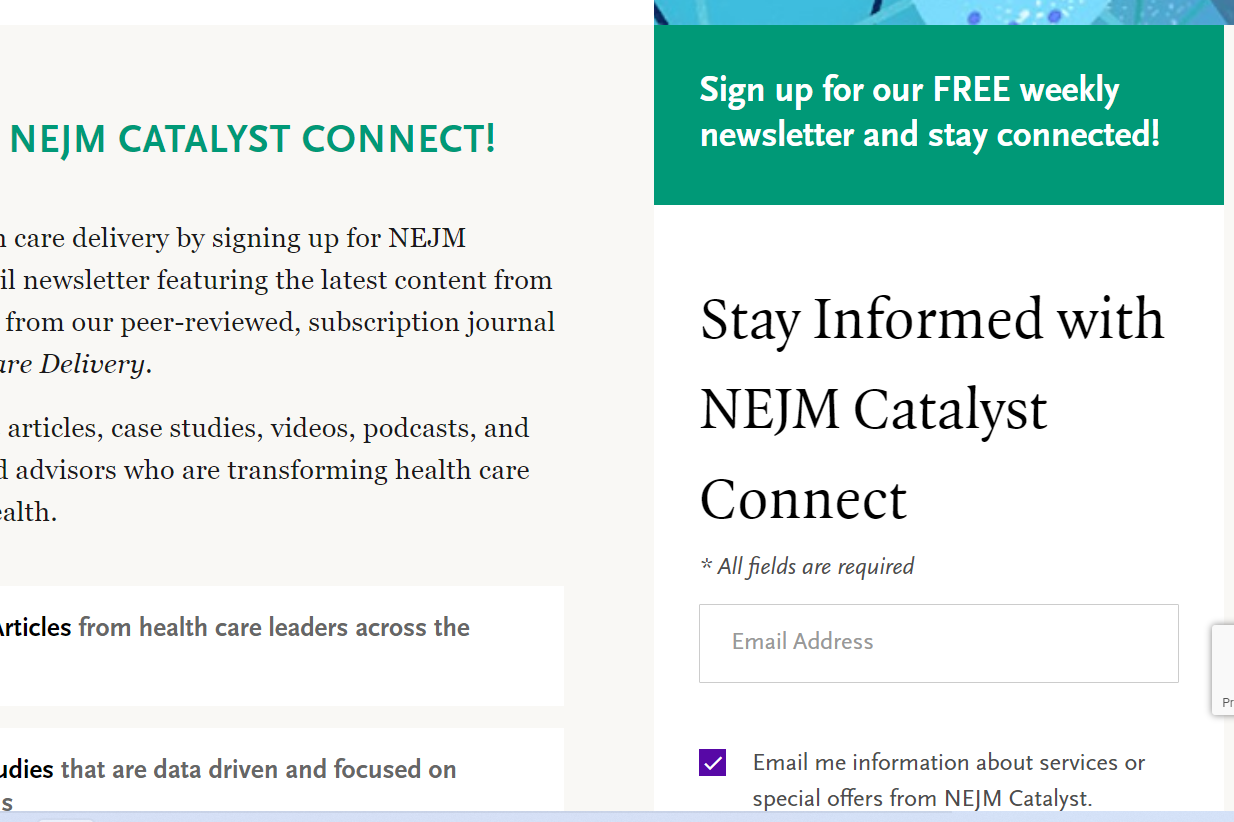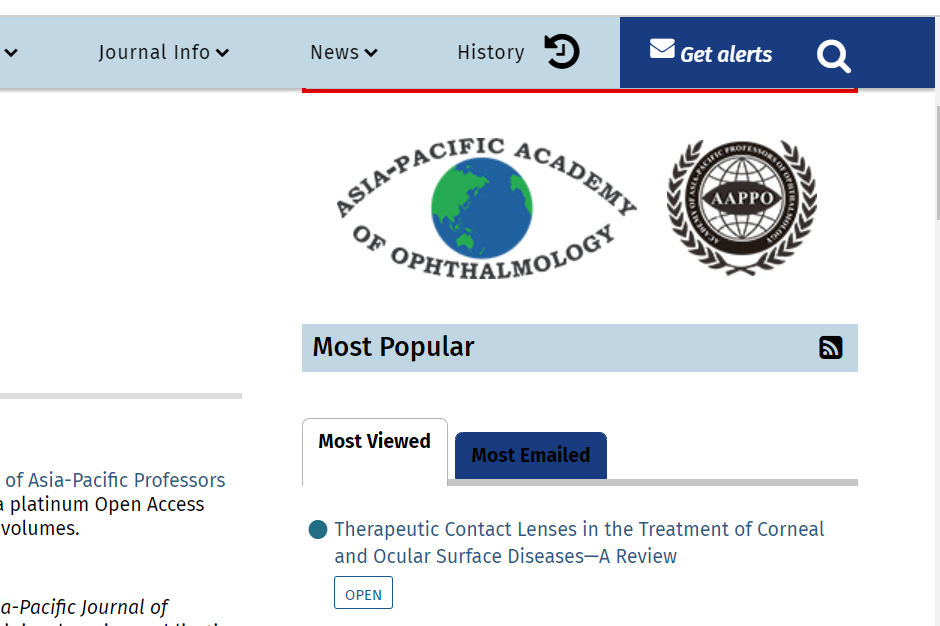Conference deadlines for September and October
Here is the list of conferences, congress and fellowship deadlines for the months of September and October in the field of ophthalmology and vision science
Developing Country Eye Researcher Travel Fellowship program
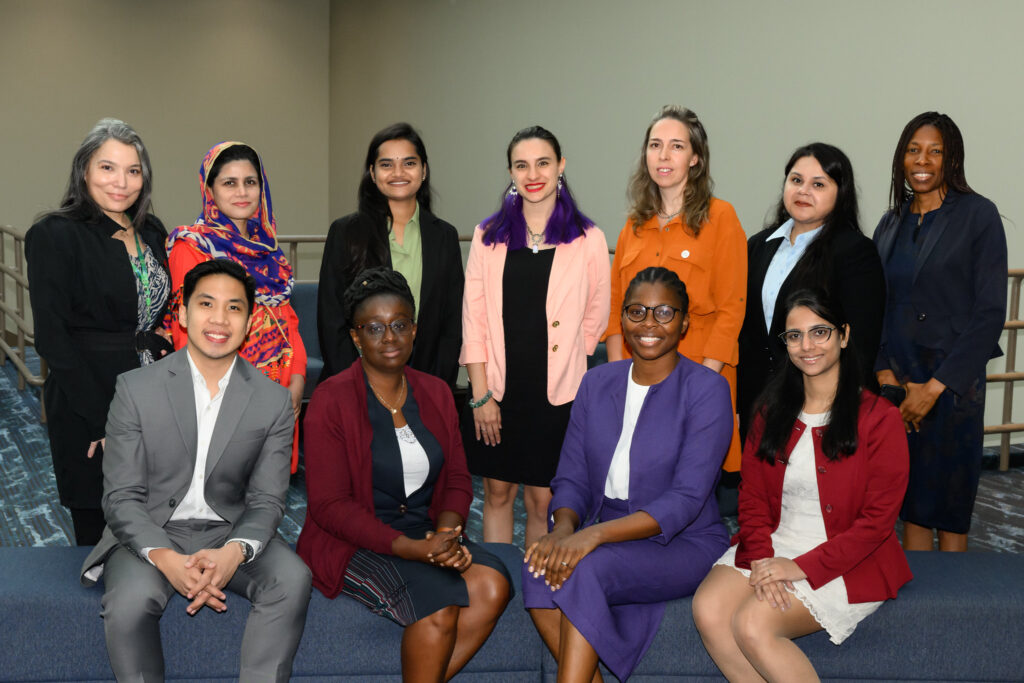
Candidates in any of the following categories are eligible to apply:
- Researchers with an MD, PhD, OD or equivalent professional degree
- Trainees in one of the fields of interest below who are interested in pursuing a career as a researcher or clinician-scientist
- Graduate students, in an applicable scientific field, with an interest in a research career
- Can be interested in any area of eye and vision research, whether basic or clinical research, epidemiology, public health, infectious diseases, genetics or a particular subspecialty
DCERF recipients are eligible to have the following costs covered up to the maximum award amount:
- Round trip flight to the ARVO Annual Meeting, Hotel accommodation
- Meal stipend, Annual Meeting registration
- One year of ARVO membership and above all
- Support of an Annual Meeting mentor and the DCERF alumni community
Website: DCERF
Deadline: 31 October 2023
Venue: Happens at a different venue every year, 2024 meeting is in Seattle, Washington
ESCRS
ESCRS seeks to promote and support research in the field of intraocular lens implantation and refractive surgery and the dissemination of the useful results thereof. ESCRS has over 7,500 members from 130 countries worldwide.
The European Society of Cataract and Refractive Surgeons evolved from the European Intraocular Implant Club which was established in 1981. The Society is administered by the ESCRS Board, a Board of Ophthalmologists elected by its members. The ESCRS staff based in London, UK, are responsible for the organisation of the Society’s day-to-day activities.
Abstract deadline 31 oct 2023
Meeting dates:15-18 feb 2024
Venue: Frankfurt, Germany
Website: ESCRS
VSS Program Cover and Website Banner Competition 2024
The Website Banner Competition is a contest to select an image that will serve as the brand, or theme, of the annual meeting by providing imagery that will be used throughout the VSS meeting. Although the winning image will be used for many purposes, to enter the competition you need to submit proposed images for the primary website banner and the secondary page website banner. Also, other items will be created using variations of the winning image.
Deadline to submit an image for Website Banner Competition: September 14, 2023
Website Banner Competition image results: by October 3, 2023
Website: VSS
World Ophthalmology Congress 2023
The World Ophthalmology Congress aims to strengthen the participants’ action and impact on national, regional and international scales through a multidisciplinary programme that features the integration of new technologies in the field of Ophthalmology.
World Ophthalmology Congress 2023 is scheduled in the most populous city, New York on October 09-11, 2023 and New York, being one of the centers for research, education, and science in USA, we will try to bring the maximum number of Directors, Optometrists, Ophthalmic surgeons, Retina and Retinal Surgery, Clinical researchers & Scientists, Public Health Professional, Glaucoma, Medical Practitioners, Professors, Deans, Students & Technicians, Medical & Health care Organizations & Associations, Researchers & Scholars, Diagnostic Instruments in Optometry to provide a better understanding of the field. So, come and join us in New York in October 2023.
Meeting dates: 9-11 Oct 2023
Abstract deadlines: 5th August 2023
Website: WOC
OMIG
OMIG stands for Ocular Microbiology and Immunology Group and the conference is conducted annually around the USA. Lastly, this year it is conducted at San Fransico.
Abstract deadline: 8 Sep 2023
Meeting dates: Friday, November 3, 2023
Venue: Marines’ Memorial Club & Hotel
609 Sutter Street
San Francisco, CA 94102 and the meeting in Crystal Ballroom
Website: OMIG
Women in Vision
The Women in Vision UK 2023 Annual Meeting will take place on Tuesday 12th December at the Science Centre, Anglia Ruskin University, Cambridge. Additionally, we would like to invite abstract submissions for a wide range of presentation types. Abstracts are welcome from those who are early in their career, and those who are more established. Basic science, clinical research, teaching innovations, clinical case studies, etc. are all encouraged – anything vision-related that you would like to share!
Registration will open in October. WVUK members can register to attend for free. Nevertheless, membership is open to everyone who works in vision science, irrespective of gender or identity.
Abstract deadline: 9 October 2023
Meeting date: 12 December 2023
Website: Women in Vision
Augmenting Writing Skills for Articulating Research (AWSAR):
AWSAR is an initiative that aims to disseminate Indian research stories among the masses in an easy-to-understand and interesting format to the common man.
Deadline: around October, not yet announced this year
Website: AWSAR
International CXL experts meeting:
The 18th International Experts’ CXL Meeting will remain in Zurich this year due to unforeseen political circumstances, also, to continue our tradition of hosting all of you, a special gala dinner is planned to be held in a private location on Bahnhofstrasse in Zurich City Center.
Website: CXL
Abstracts application window: 19 July 2023 to 22 Sep 2023
Meeting venue: Mövenpick Zurich Airport Hotel
IASc-INSA-NASI Summer Research Fellowship
The three national Science Academies offer several two-month Summer Fellowships to enable students/teachers (studying/teaching in India) to work with scientists associated with the three Academies during 2023. At last, copy of the application format, instructions to applicants including eligibility criteria, and a list of names of scientists/faculty who have consented to guide students/teachers to work on short-term projects is displayed in the online application.
Application deadline: October, not announced yet
Program: Feb and March
Website: SRFP
Hopefully, this list makes it easier for you to prioritize deadlines and work efficiently. Further, let us know what else you expect from the blog, we would be happy to provide on the topics you are interested in.
For August deadlines click on this link: August deadlines


